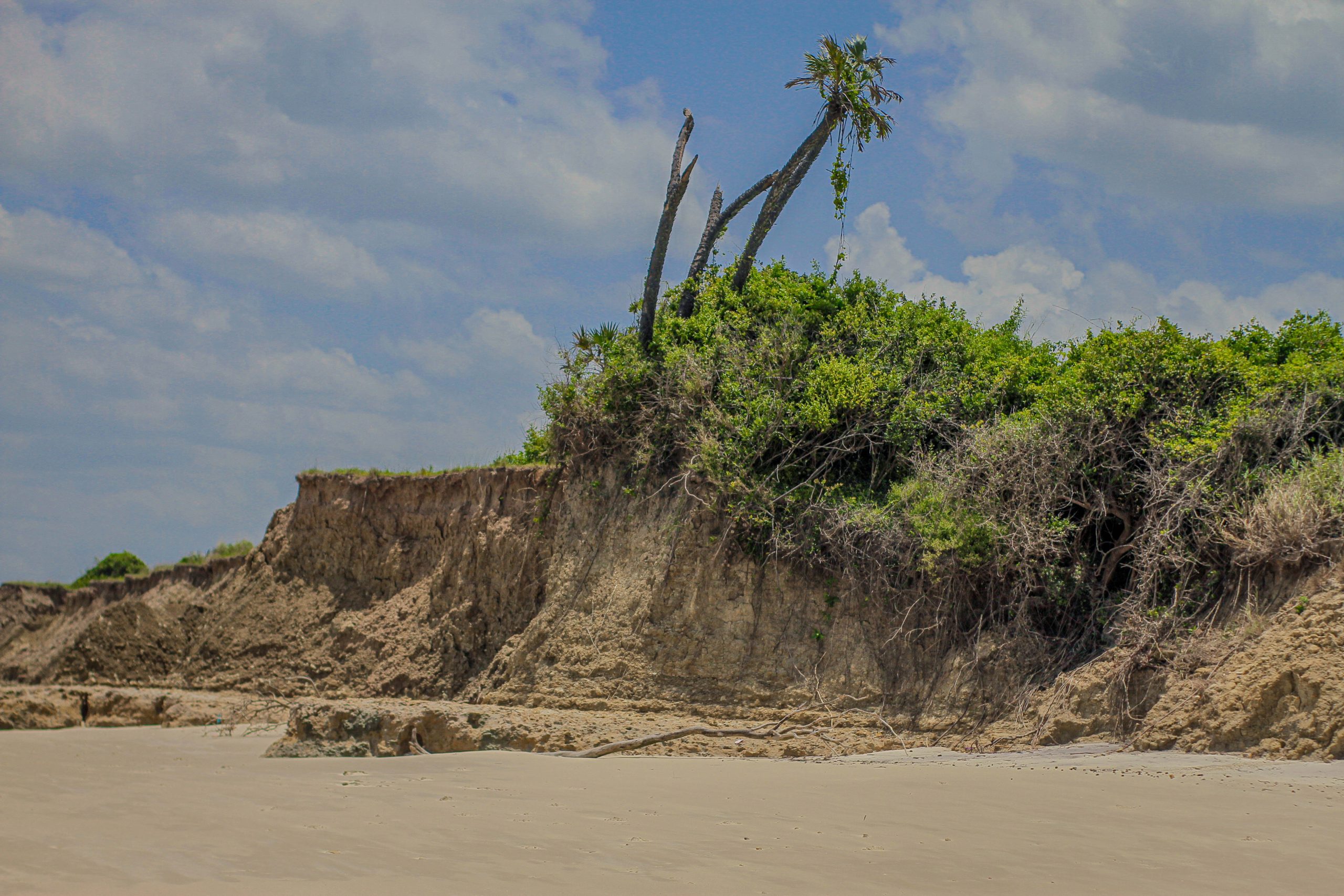
Voluntary carbon market
The voluntary carbon market enables individuals, businesses, and organizations to offset their greenhouse gas emissions by financing or investing in GHG emissions reduction, sequestration, or avoidance projects.
Unlike regulated markets, where businesses must respect emission limits set by governments, the voluntary market in primarily based on voluntary initiatives aimed at contributing to the reduction of GHG emissions or capturing carbon, in order to limit the impacts of climate change.
In this market, actors can buy and sell carbon credits certified by internationally renowned standards, representing one equivalent ton of CO2 avoided or sequestrated.
At Removall, these projects are sourced by our teams and analyzed with great care, thanks to a robust due diligence process to minimize as much as possible the risks our partners, operators, clients, and investors might face.
Indeed, beyond carbon impact, we seek to develop durable projects that present a significant positive impact on local populations and ecosystems.
Despite all the efforts deployed, it is important to consider the fact that certified carbon projects still pose risks that we must mitigate, with varying intensity depending on the type and location of the project.
Carbon compensation projects can indeed rely on nature-based solutions such as afforestation or reforestation, which are vulnerable to natural disasters.
Want to learn more on:
- Risks identification
- Carbon market insurances
- Main insurers of carbon projects and risks covered by their products
Article written by :

Apolline Charpentier
Finance Director
